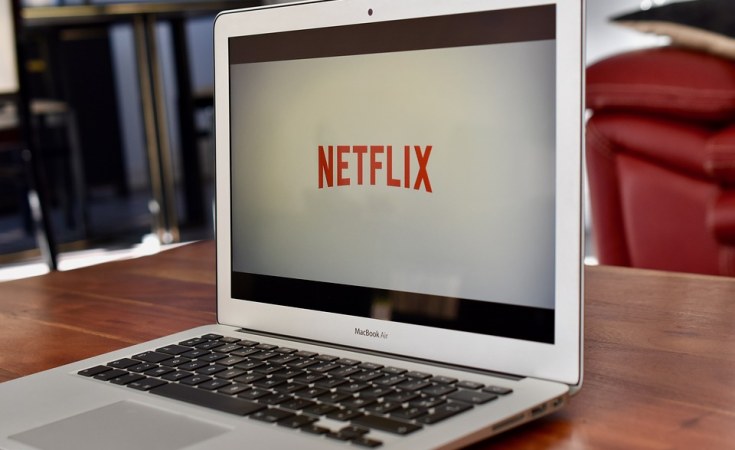Cape Town — Clearly the Internet is under pressure with more and more people working and entertaining themselves from home - and now Netflix is taking steps to stop a collapse.
The global streaming service is set to reduce its streaming bitrate for African users to to ease Internet capacity during novel coronavirus lockdowns.
The move will try to ease the burden placed on broadband networks and this will also help prevent the Internet collapsing under the strain of unprecedented usage due to the COVID-19 pandemic.
This has already been implemented to other countries around the world.
"Given the crisis, we've developed a way to reduce Netflix's traffic on telecommunications networks by 25% while also maintaining the quality of our service. So consumers should continue to get the quality that comes with their plan - whether it's Ultra-High, High or Standard Definition.
"We believe that this will provide significant relief to congested networks and will be deploying it in Africa for the next 30 days," Netflix Vice-President of Content Delivery Ken Florance said.
The streaming service said the quality reduction will start on March 30, and is currently scheduled to last for 30 days.
Statement from Netflix:
We are living through a global crisis, and we all have a responsibility to help where we can. Last week, the European Union asked companies like Netflix, Amazon and YouTube to ensure that we are using telecommunications networks as efficiently as possible given the unprecedented demand they are facing.
We immediately developed, tested and deployed a way to reduce Netflix's traffic on these networks by 25% - starting with Italy and Spain, which were experiencing the biggest impact. Within 48 hours, we'd hit that goal and we're now deploying this across the rest of Europe and the UK.
Since we started making these changes we've had a number of questions from members and our Internet Service Provider (ISP) partners.
Our members have asked what this means in terms of video quality. Put simply the action we've taken maintains the full range of video resolutions. So whether you paid for Ultra-High Definition (UHD), High Definition (HD), or Standard Definition (SD), that is what you should continue to get (depending on the device you are using).
In normal circumstances, we have many (sometimes dozens) of different streams for a single title within each resolution. In Europe, for the next 30 days, within each category we've simply removed the highest bandwidth streams. If you are particularly tuned into video quality you may notice a very slight decrease in quality within each resolution. But you will still get the video quality you paid for.
On the ISP side, some partners in regions such as Latin America want us to reduce our bandwidth as soon as possible. But others want to continue with business as usual. This is understandable, as different ISPs around the world have built their networks in different ways, and operate within different constraints. For example, building a residential ISP network in a dense metropolitan area is quite a different prospect from building a residential ISP network in a sparsely populated rural area. Some ISPs build their networks with a substantial amount of excess capacity ("headroom") others do not. Fortunately, we have a lot of experience delivering Netflix efficiently through our Open Connect program - as well as other technologies we've pioneered - and so we can respond to these different scenarios quickly.
So we will provide relief to ISPs who are dealing with large government-mandated "shelter in place" orders by providing the 25% traffic reduction we've started in Europe. For other networks, we'll stick with our normal procedures - until and unless they experience issues of their own.
Our goal is simple: to maintain the quality of service for our members, while supporting ISPs who are facing unprecedented strain on their networks. - Ken Florance, VP Content Delivery


